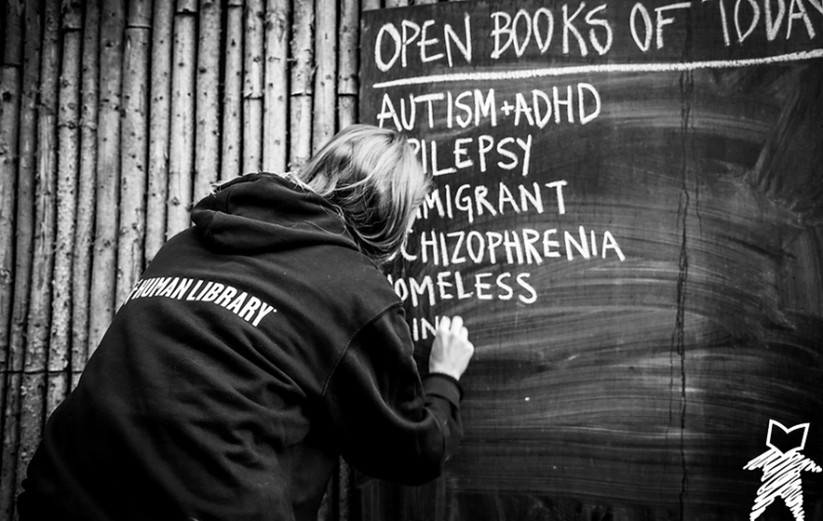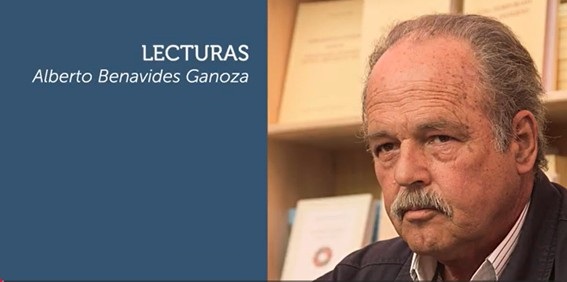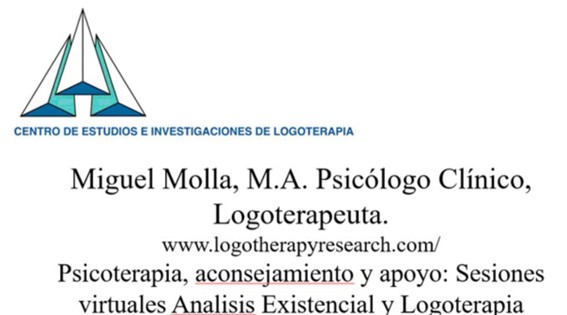

Librería humana
Enfoque humanista
Un grupo de parlamentarios británicos ha elaborado un Informe sobre el deterioro de la salud mental especialmente en el Reino Unido, aunque con implicaciones globales relevantes[i] Plantea Modificar el equilibrio hacia las intervenciones sociales y constituye una llamada a reconfigurar los sistemas de salud mental desde un enfoque estrictamente médico-biológico hacia un modelo integral, relacional y centrado en la persona.
Contexto y diagnóstico
- Crisis persistente en salud mental: A pesar de inversiones significativas en los últimos 40 años, los resultados en salud mental no han mejorado y, en muchos casos, han empeorado. La brecha de mortalidad entre personas con problemas mentales severos y la población general se ha ampliado.
- Dominio del modelo biomédico: El sistema actual se basa fuertemente en un enfoque médico-biológico que enfatiza la prescripción de fármacos psiquiátricos. Este enfoque ha conducido a una dependencia excesiva de medicación y ha relegado los factores sociales y relacionales que influyen en el sufrimiento mental.
- Determinantes sociales del sufrimiento: El informe subraya que factores como la pobreza, desigualdad, aislamiento social, violencia y falta de apoyo comunitario son causas estructurales y relacionales del malestar psicológico.
Este giro coincide con los principios de la logoterapia, la cultura del encuentro y la centralidad de la persona humana. La cultura del encuentro (como propone Rabinowicz, Boff, o el mismo PAPA Francisco en Fratelli tutti) enfatiza que el crecimiento humano ocurre en el espacio relacional del diálogo, la apertura al otro y la recepción de significados compartidos.
Propone el Informe, seis principios para reorientar la atención en salud mental:
- Reconocer la naturaleza social y relacional de los problemas de salud mental.
- Atender los determinantes sociales del sufrimiento humano.
- Cuestionar narrativas sociales que contribuyen al malestar (estigmas, individualismo, competencia).
- Promover narrativas y lenguaje positivos que favorezcan la recuperación.
- Uso prudente de los fármacos psiquiátricos, reduciendo la sobreprescripción.
- Priorizar la investigación y financiación de intervenciones psicosociales y comunitarias.
Este informe, desde una perspectiva de políticas públicas, apoya un cambio paradigmático que está profundamente alineado con una visión más amplia, humanista y relacional del ser humano — una visión que la logoterapia ha defendido como fundamental para la comprensión y acompañamiento del sufrimiento humano: la búsqueda del sentido de la vida:
- Reconocer que las causas del sufrimiento humano son complejas y están profundamente arraigadas en lo social y lo relacional.
- Reivindicar que la recuperación y el bienestar implican significado, propósito y pertenencia, no solo tratamiento farmacológico.
- Promover narrativas que faciliten la agencia personal, la dignidad y las conexiones humanas, pilares centrales tanto en prácticas terapéuticas con sentido como en políticas públicas que respeten la humanidad del otro.
Además, se identifican nueve líneas de acción, como el fortalecimiento de la prescripción social, centros comunitarios de salud mental, servicios y formación profesional que integre enfoques psicosociales.
REFERENCIAS
https://www.facebook.com/share/v/15WkfoSyG41/
Chat GPT
Imagen: Human library: personas solitarias, pagan por poder conversar con otra persona. La Biblioteca Humana (Human Library) es un movimiento internacional, nacido en Dinamarca en el 2000, que promueve el diálogo y la empatía al “prestar” personas en lugar de libros. Voluntarios con experiencias de vida marcadas por prejuicios o estereotipos (como minorías, profesiones estigmatizadas, o historias de superación) comparten sus historias reales con lectores en conversaciones honestas, buscando combatir la discriminación y fomentar la comprensión social. https://www.bibliotecahumanalh.com/es/que-es-la-biblioteca-humana
[i] El informe: “Modificar el equilibrio hacia las intervenciones sociales” del Beyond Pills All-Party Parliamentary Group (APPG Beyond Pills) plantea una reforma profunda del sistema de atención en salud mental. https://beyondpillsappg.org/wp-content/uploads/2025/11/Modificar-el-equilibrio-hacia-las-intervenciones-sociales-Beyond-Pills-All-Party-Parliamentary-Group-2024.pdf
INFOME APPG, Inglés, Los All-Parliamentary Groups (Grupos Parlamentarios de Todos los Partidos) son grupos informales con miembros de ambas Cámaras que comparten un interés común en temas específicos. Las opiniones expresadas en este informe son las del grupo.
 Año jubilar de San Francisco
Año jubilar de San Francisco







 También la vida de Jerry Long ilustra la fuerza inquebrantable del espíritu. Un accidente lo dejó paralizado del cuello hacia abajo, pero no destruyó su capacidad de elegir una actitud frente a la adversidad. Al leer las obras de Viktor Frankl, descubrió un camino de sentido que le permitió reinventarse. Años más tarde se doctoró en Logoterapia y se convirtió en psicólogo y conferencista internacional. Su testimonio demuestra que el cuerpo puede quedar limitado, pero el espíritu nunca. Como él mismo afirmaba: “No puedo mover mi cuerpo, pero soy libre para decidir cómo responder a lo que me sucede.”
También la vida de Jerry Long ilustra la fuerza inquebrantable del espíritu. Un accidente lo dejó paralizado del cuello hacia abajo, pero no destruyó su capacidad de elegir una actitud frente a la adversidad. Al leer las obras de Viktor Frankl, descubrió un camino de sentido que le permitió reinventarse. Años más tarde se doctoró en Logoterapia y se convirtió en psicólogo y conferencista internacional. Su testimonio demuestra que el cuerpo puede quedar limitado, pero el espíritu nunca. Como él mismo afirmaba: “No puedo mover mi cuerpo, pero soy libre para decidir cómo responder a lo que me sucede.”





